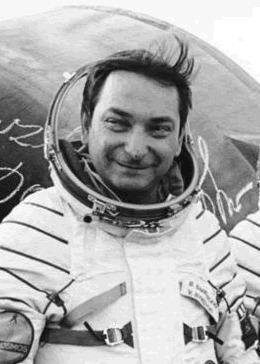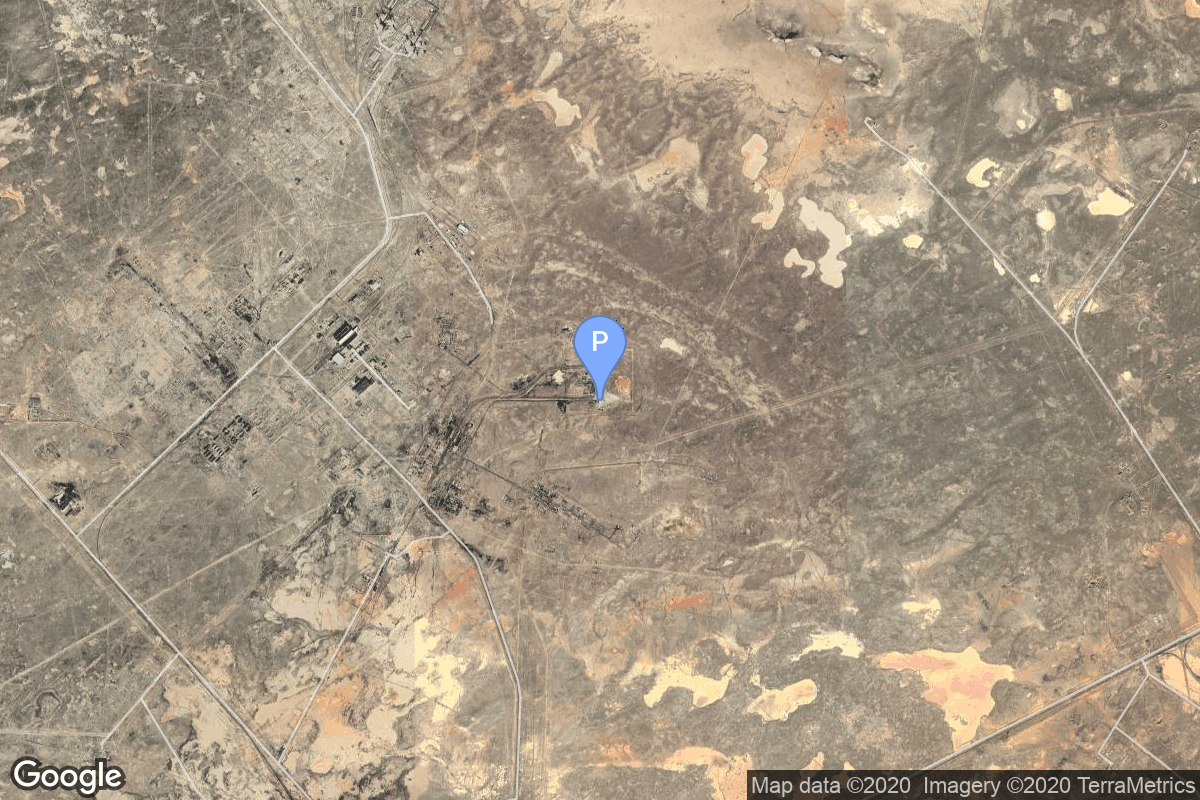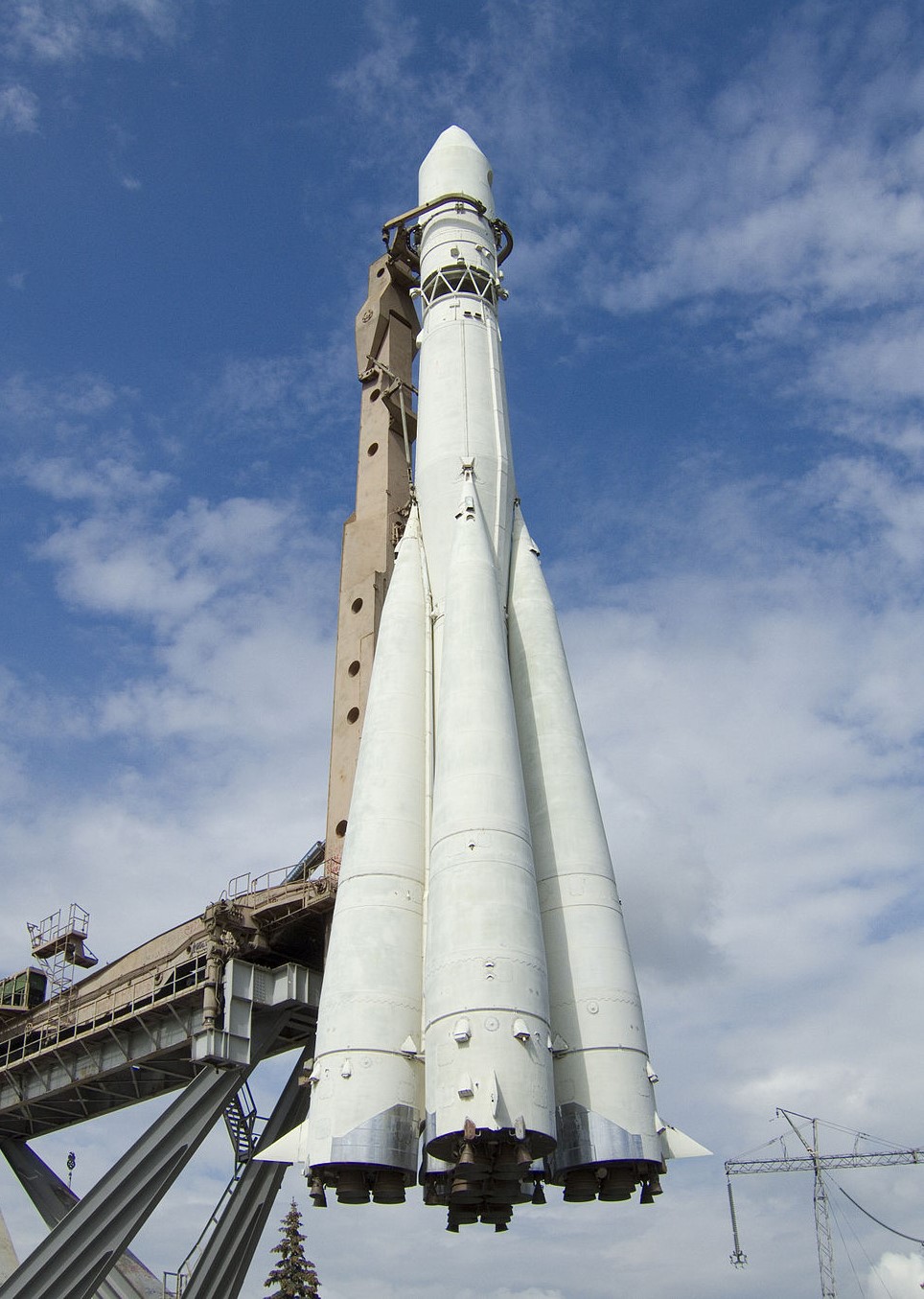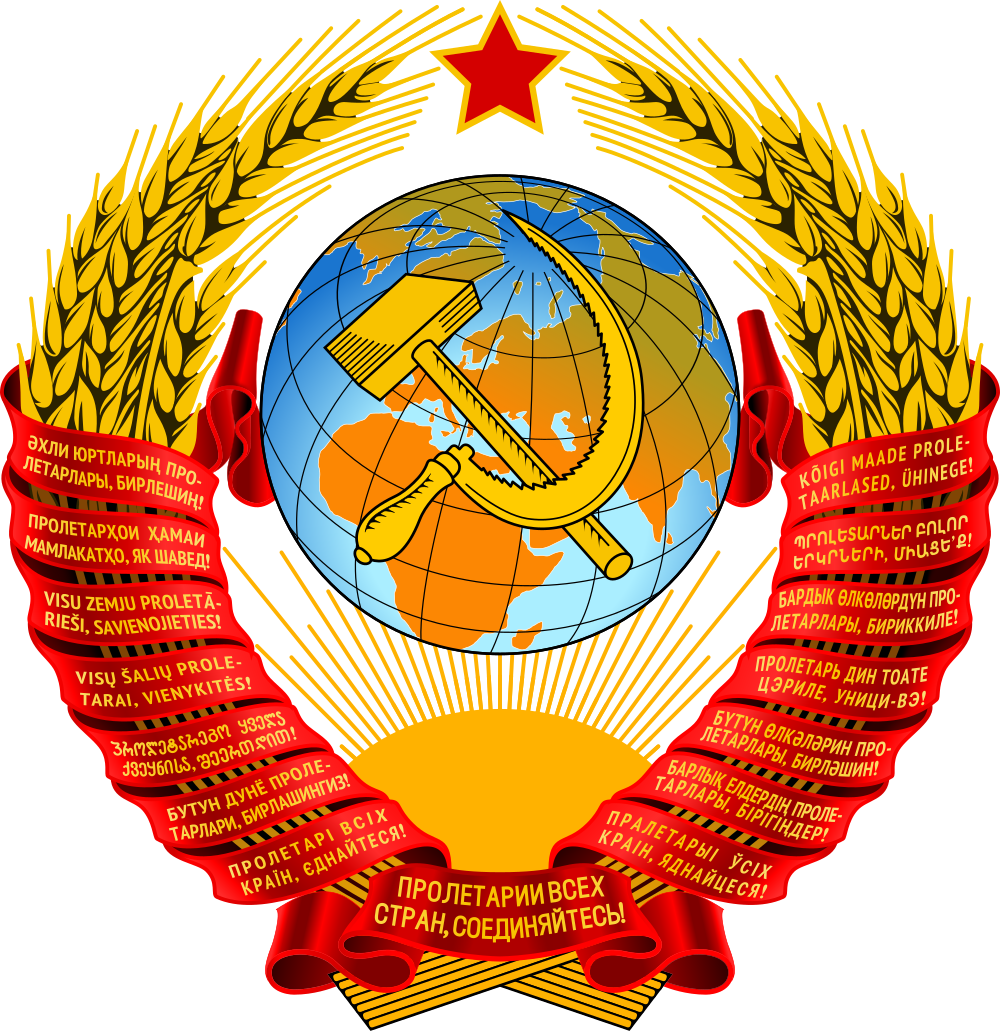Vostok 5
Vostok-K
Soviet Space Program
Crew

Valery Bykovsky
- Birthday: 08/02/1934
- Role: Pilot
- Nationality: Russian
- First Flight: 06/14/1963
- Last Flight: 08/26/1978
Valery Fyodorovich Bykovsky (Russian: Вале́рий Фёдорович Быко́вский; born 2 August 1934) is a retired Soviet cosmonaut who flew three manned space mission space flights: Vostok 5, Soyuz 22, and Soyuz 31. He was also backup for Vostok 3 and Soyuz 37.
Mission
Vostok 5
- Type: Human Exploration
- Orbit: Low Earth Orbit
Vostok 5 was a joint mission with Vostok 6 which launched two days after Vostok 5. The capsule was piloted by Cosmonaut Valery Bykovsky. The mission was intended to last 8 days, but the capsule returned to Earth just after 5 due to a lower then intended orbit and solar flare activity. The mission began on 14 June 1963, 11:58:58 UTC and ended on 19 June 1963, 11:06 UTC.
Location
Rocket
Soviet Space Program Vostok-K
The Vostok-K was an expendable carrier rocket used by the Soviet Union for thirteen launches between 1960 and 1964, six of which were manned.
The Vostok-K made its maiden flight on 22 December 1960, three weeks after the retirement of the Vostok-L. The third stage engine failed 425 seconds after launch, and the payload, a Korabl-Sputnik spacecraft, failed to reach orbit. The spacecraft was recovered after landing, and the two dogs aboard the spacecraft survived the flight.
On 12 April 1961, a Vostok-K rocket was used to launch Vostok 1, the first manned spaceflight, which made Yuri Gagarin the first human to fly in space.
Agency
Soviet Space Program
The Soviet space program, was the national space program of the Union of Soviet Socialist Republics (USSR) actived from 1930s until disintegration of the Soviet Union in 1991.
The Soviet Union’s space program was mainly based on the cosmonautic exploration of space and the development of the expandable launch vehicles, which had been split between many design bureaus competing against each other. Over its 60-years of history, the Russian program was responsible for a number of pioneering feats and accomplishments in the human space flight, including the first intercontinental ballistic missile (R-7), first satellite (Sputnik 1), first animal in Earth orbit (the dog Laika on Sputnik 2), first human in space and Earth orbit (cosmonaut Yuri Gagarin on Vostok 1), first woman in space and Earth orbit (cosmonaut Valentina Tereshkova on Vostok 6), first spacewalk (cosmonaut Alexei Leonov on Voskhod 2), first Moon impact (Luna 2), first image of the far side of the Moon (Luna 3) and unmanned lunar soft landing (Luna 9), first space rover (Lunokhod 1), first sample of lunar soil automatically extracted and brought to Earth (Luna 16), and first space station (Salyut 1). Further notable records included the first interplanetary probes: Venera 1 and Mars 1 to fly by Venus and Mars, respectively, Venera 3 and Mars 2 to impact the respective planet surface, and Venera 7 and Mars 3 to make soft landings on these planets.


